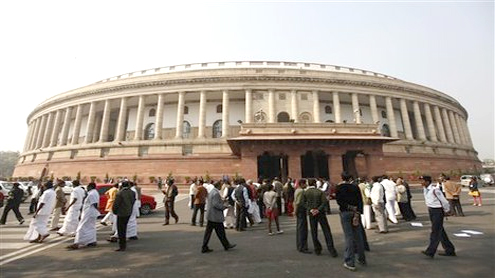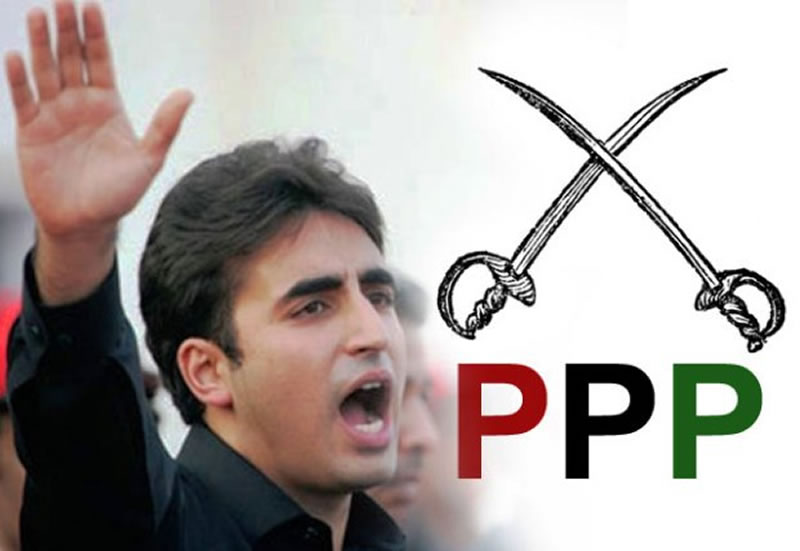
India’s fragile government heads into what promises to be a stormy new parliament session this week, fighting to keep its reform agenda on track while dodging attempts to force fresh elections.
The government’s decision in September to raise fuel prices and allow foreign direct investment (FDI) in the retail sector ended months of policy drift but provoked fierce protests from allies, opposition parties and trade unions.Amid the outcry, the coalition led by Prime Minister Manmohan Singh lost its majority when the regional Trinamool Congress walked out, leaving it dependent on outside parties whose backing in parliament is not guaranteed.
The push for pro-market reforms comes as the government faces a slowing economy, a ballooning fiscal deficit and stubbornly high inflation which have piled pressure on the left-leaning Congress party-dominated alliance.India’s gross domestic product expanded at its slowest pace in three years in the second quarter of the year and data for the July-September period expected at the end of the month will underline the extent of the downturn.
‘This government is facing a serious crisis of credibility at the moment, especially as inflation and unemployment remain high,’ Zoya Hasan, professor of political science at Delhi’s Jawaharlal Nehru University, told AFP.‘There is some uncertainty about this government’s fate. If the opposition decides to call for a (no-confidence) vote over retail FDI, the government is in a very vulnerable position.’A host of political parties, including the Communist Party (Marxist) and Trinamool led by former ally Mamata Banerjee, have indicated they will move a no-confidence vote against the government after parliament opens on Thursday.
Among the market-opening measures, the decision to allow foreign supermarkets into the retail sector did not require a vote to be pushed through. But opening up the insurance market and pensions will require parliamentary approval.Banerjee, a populist who decries moves to cut subsidies or invite in foreign investors like US giant Walmart as ‘anti-poor’, put an end to her uneasy time inside the coalition on September 21.To survive a no-confidence vote — which could prompt early elections — the coalition will have to rely on outside parties, many of which are also hostile to foreign investment.
Although the main opposition Bharatiya Janata Party has so far shied away from calling for a no-confidence vote, they have vowed to use parliament as a staging ground for their protest against retail reform.Demonstrations by BJP lawmakers forced adjournments almost every day and meant the last session of parliament was a wash-out, with only four bills passed by both houses.Devika Malik, an analyst with PRS Legislative Research, a New Delhi-based think-tank, told AFP that disruptions have been the trend since 2009.
‘We see the government bringing an extensive agenda of bills and very few are passed,’ she said.The wasted time — which included a full winter session in 2010 when no legislation was passed — has created a considerable backlog, according to PRS.The 102 bills still pending include important legislation on issues like land acquisition, access to food, affirmative action for women and a host of anti-corruption initiatives.
During the last session, three of the four bills passed were cleared in just 20 minutes with no discussion, according to PRS.The continuing legislative deadlock coupled with the pressure to sell contentious, long-delayed economic reforms to a sceptical public has left the government in a tough spot.B.G. Verghese, an analyst at the Delhi-based Centre for Policy Research, told AFP: ‘The opposition will do their best to bring parliament to a standstill, but their song and dance doesn’t absolve the government of responsibility.’
He warned that the government could no longer afford to be passive onlookers and deepen the impression of a country in economic and political drift.‘If they don’t lead now, if they don’t act, they will have to pay a price when the next elections are held,’ he said. – Khaleejnews












